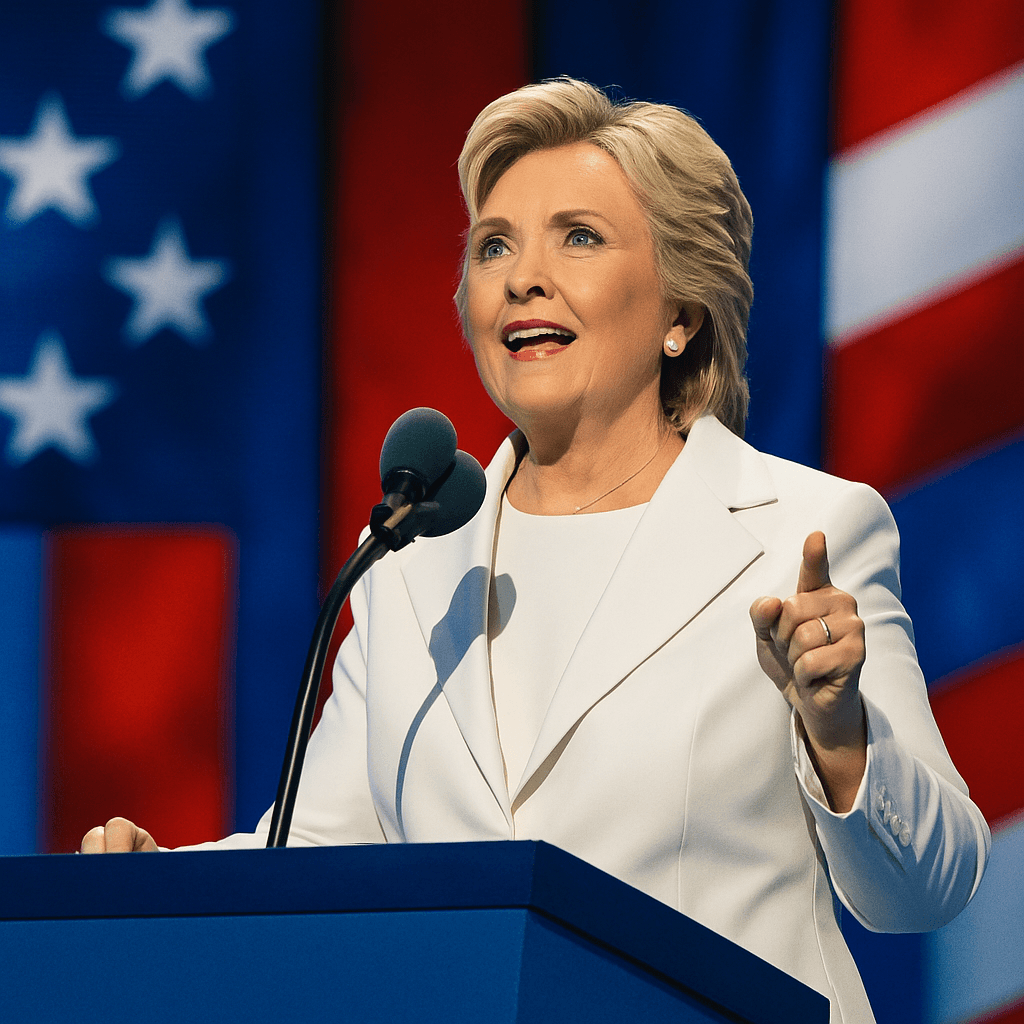On July 28, 2016, Hillary Clinton stepped to the podium at the Democratic National Convention in Philadelphia and accepted her party's nomination for president, becoming the first woman in American history to lead a major political party's presidential ticket. Her acceptance speech marked the culmination of a barrier-breaking career that had taken her from Arkansas First Lady to U.S. Senator, Secretary of State, and finally to the threshold of the presidency itself.
The moment was both deeply personal and profoundly historic. Clinton's journey to the nomination had spanned decades of public service, during which she had faced intense scrutiny, criticism, and challenges that reflected both the opportunities and obstacles confronting women in American politics. Her nomination represented not just a personal achievement but a symbolic victory for millions of women who had long awaited this moment in American political history.

Clinton's path to the nomination demonstrated the gradual evolution of women's roles in American politics. From her early work as a lawyer and advocate for children's rights to her tenure as an activist First Lady who redefined the role, Clinton had consistently pushed boundaries and challenged traditional expectations. Her successful campaigns for U.S. Senate from New York and her service as Secretary of State under President Obama had established her credentials as a serious political figure capable of handling the highest levels of government responsibility.
The 2016 primary campaign against Senator Bernie Sanders proved that Clinton could compete effectively in the rough-and-tumble world of presidential politics. Her victory in the Democratic primary, secured through a combination of organizational strength, policy expertise, and coalition-building skills, demonstrated that American voters were ready to seriously consider a woman for the presidency.

Clinton's nomination sent ripples throughout American politics and society. The image of a woman accepting a major party's presidential nomination inspired countless young girls and women to envision themselves in positions of political leadership. The historic nature of the moment was underscored by the convention's symbolic gesture of shattering a glass ceiling on screen as Clinton delivered her acceptance speech.

The significance of July 28, 2016, extends far beyond that single evening in Philadelphia. Clinton's nomination opened doors for future women candidates and fundamentally changed the conversation about women's roles in American politics. Her historic achievement proved that the highest office in the land was attainable for women, inspiring a new generation of female political leaders to pursue their own ambitions for public service and elected office.